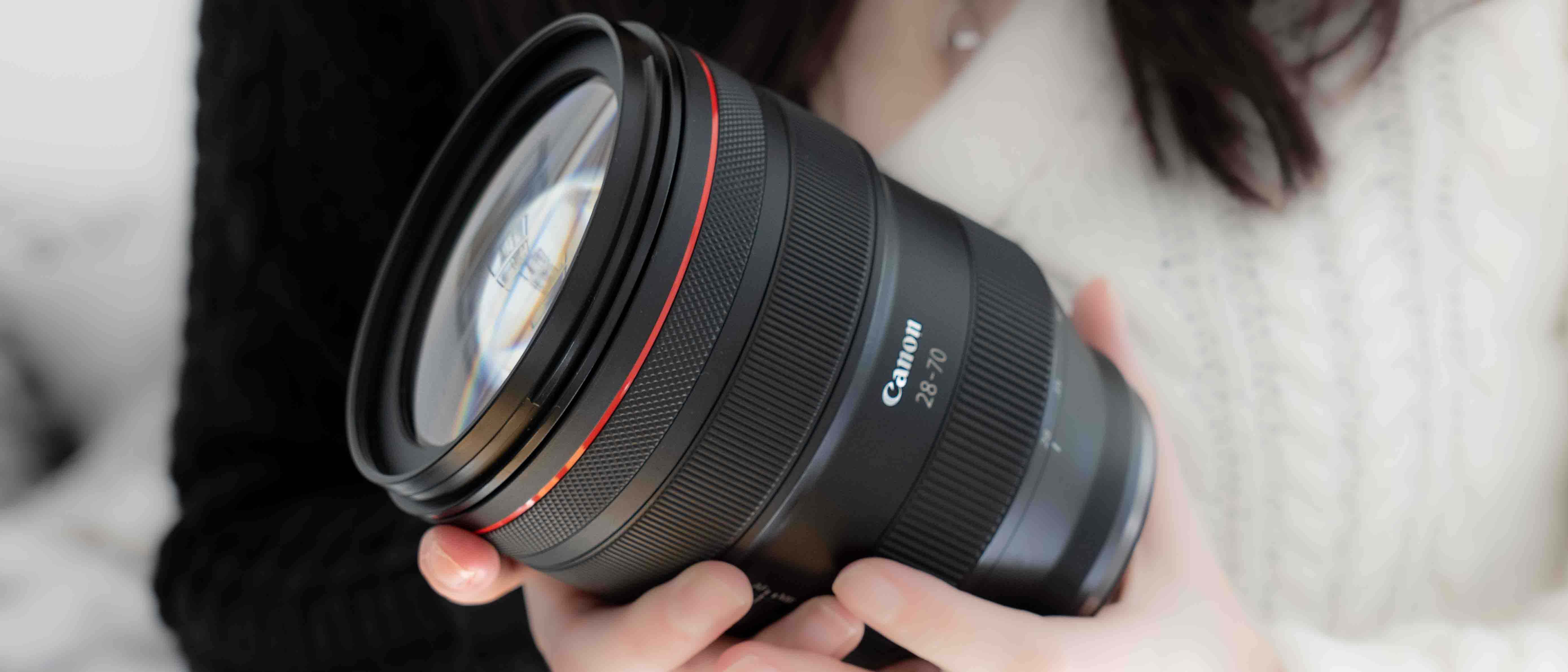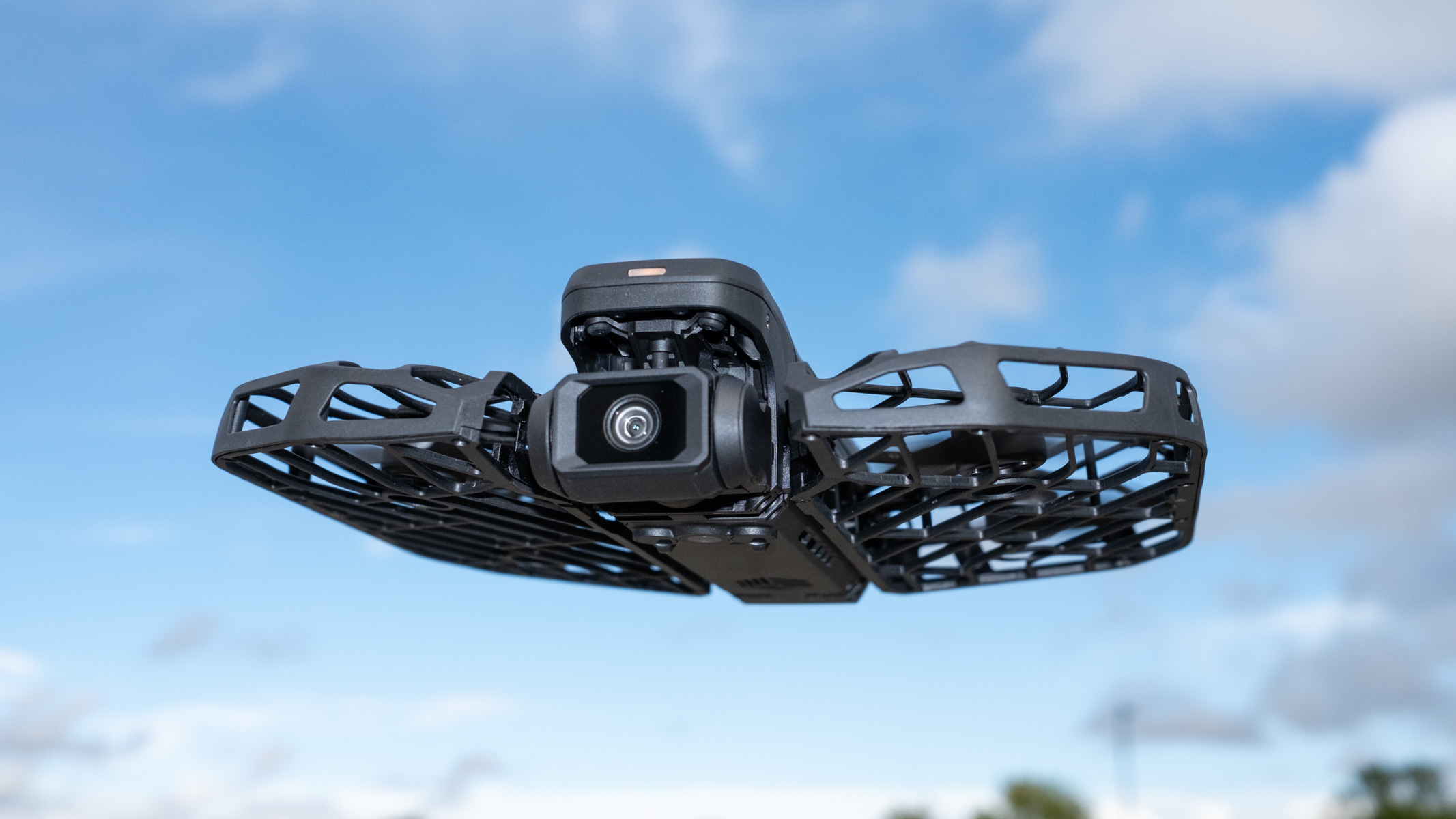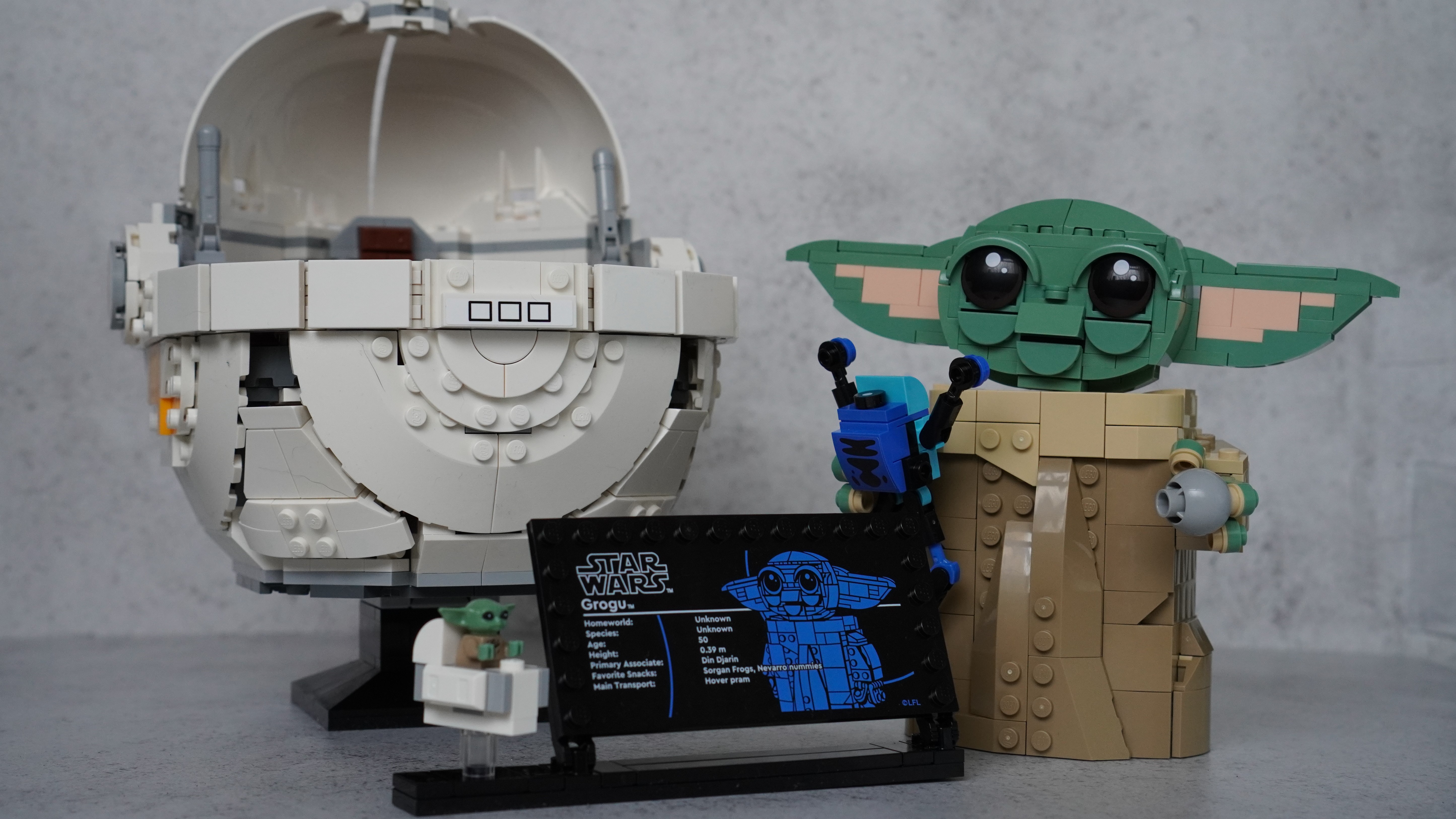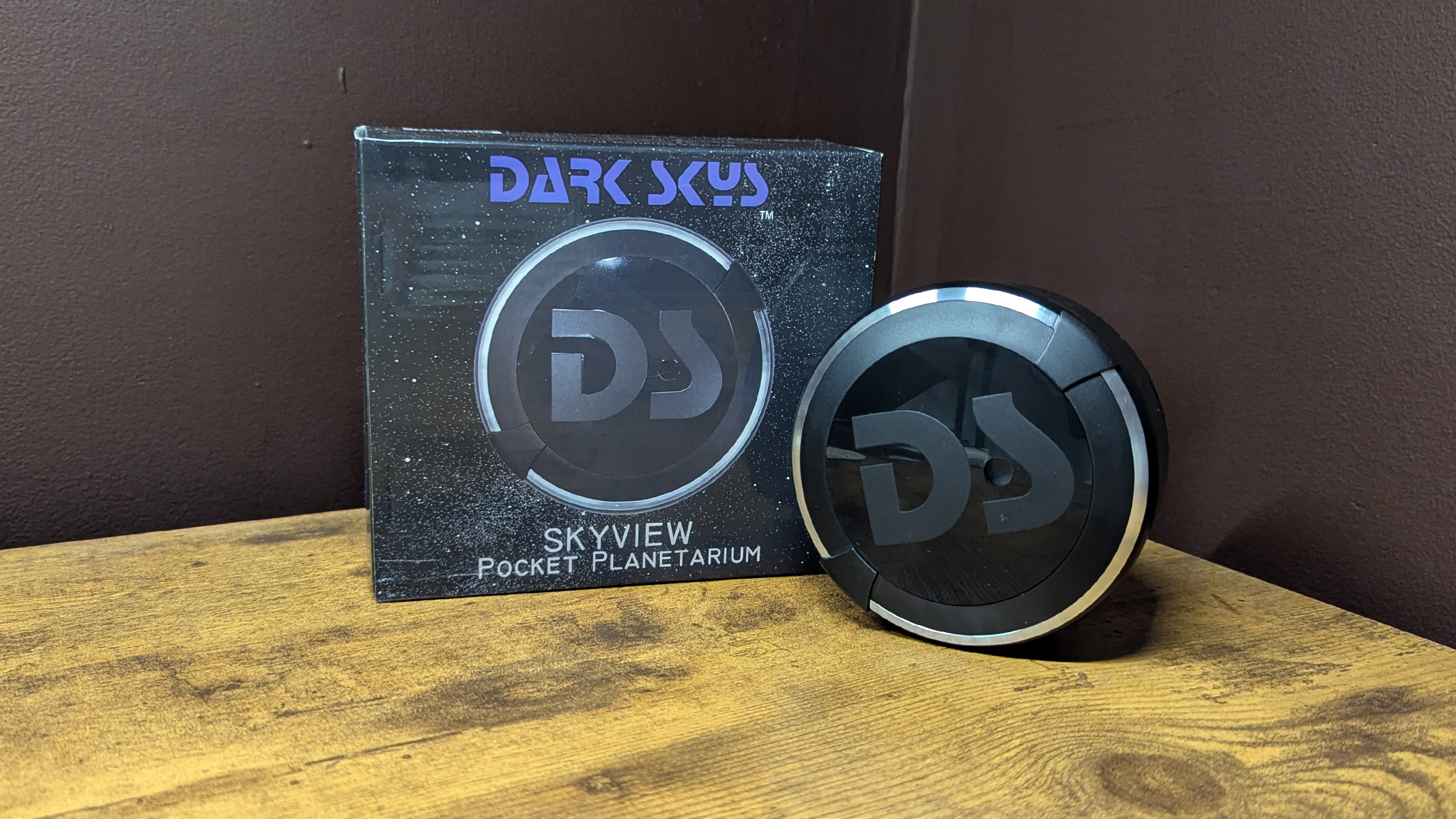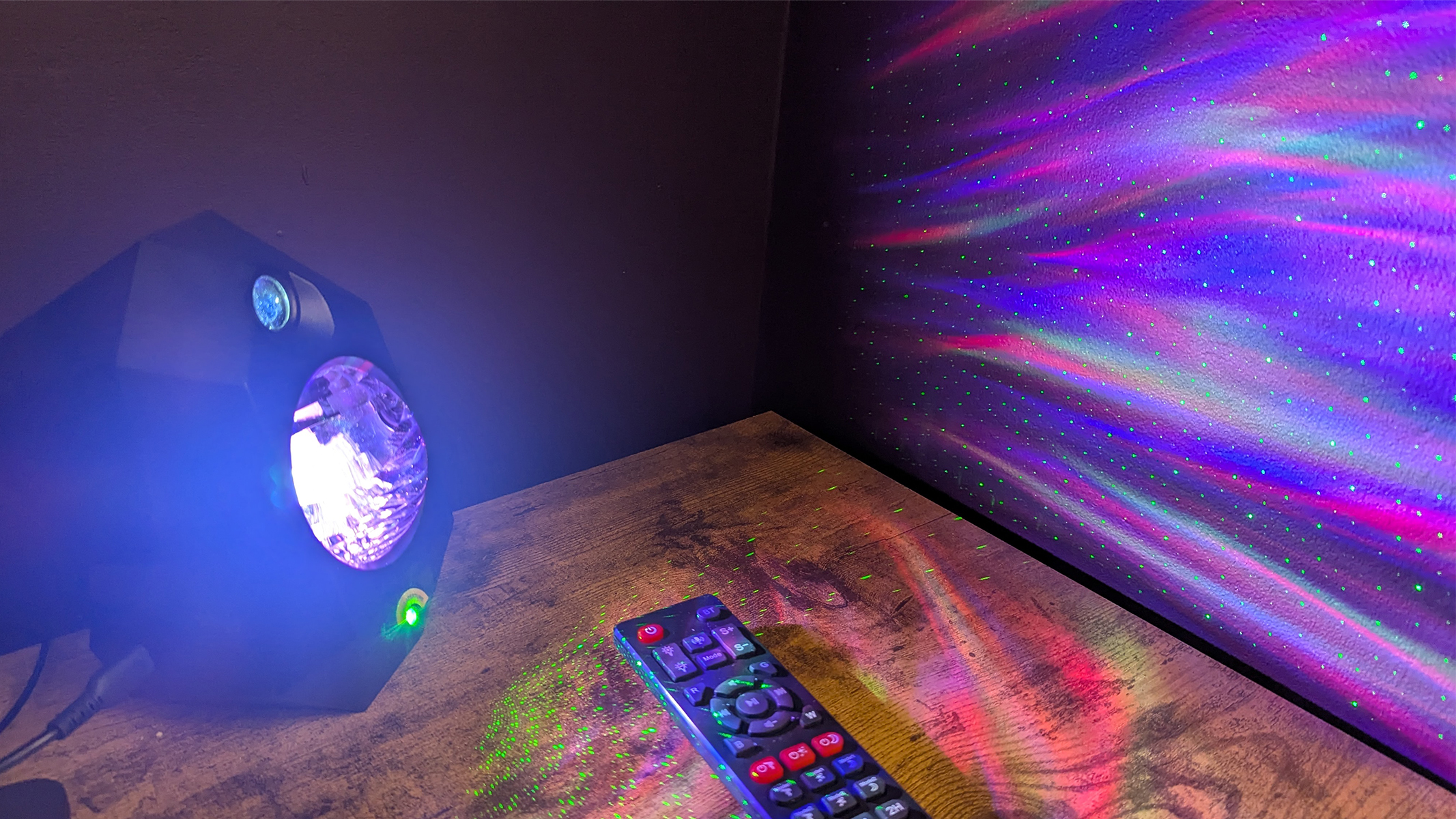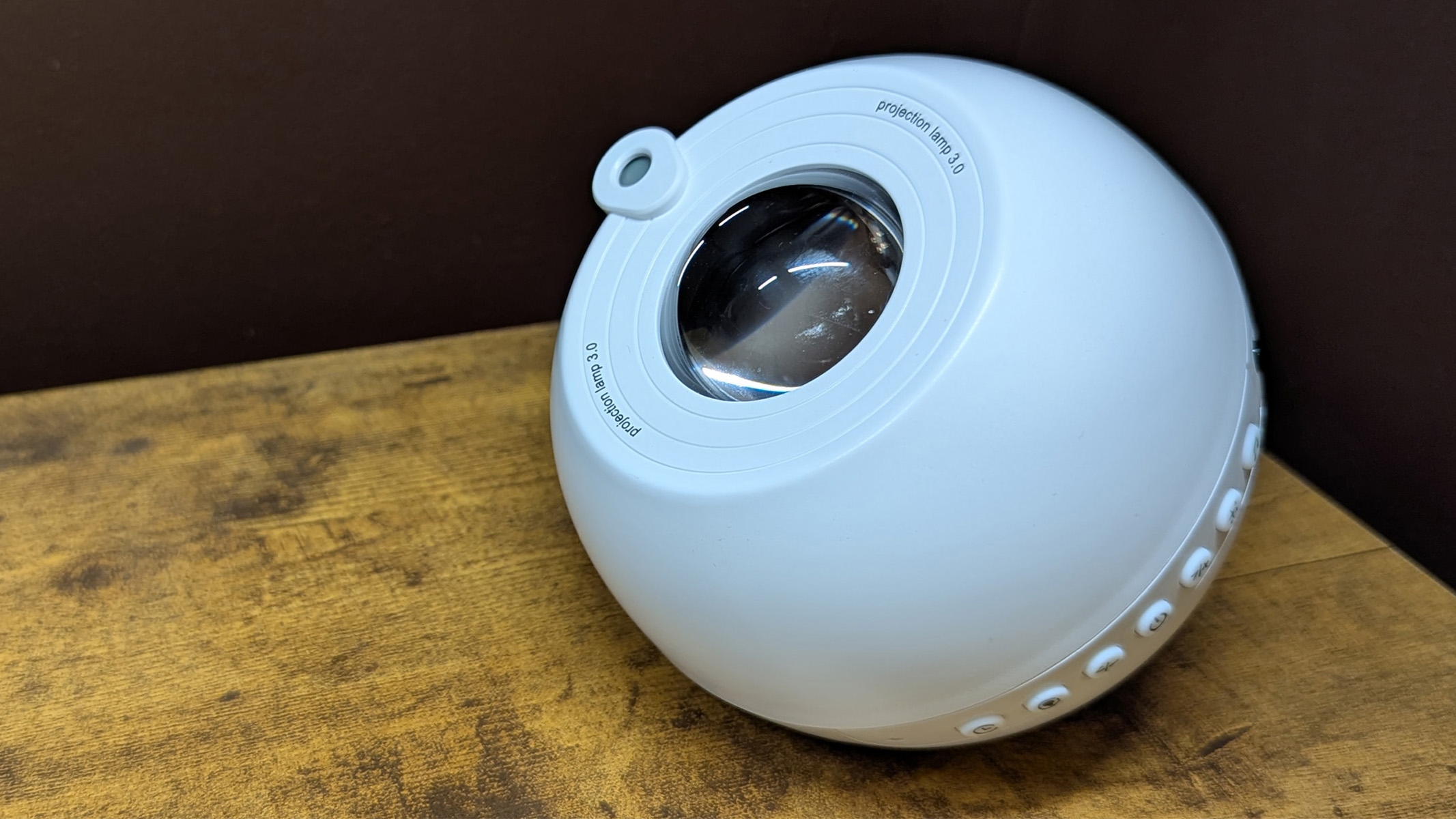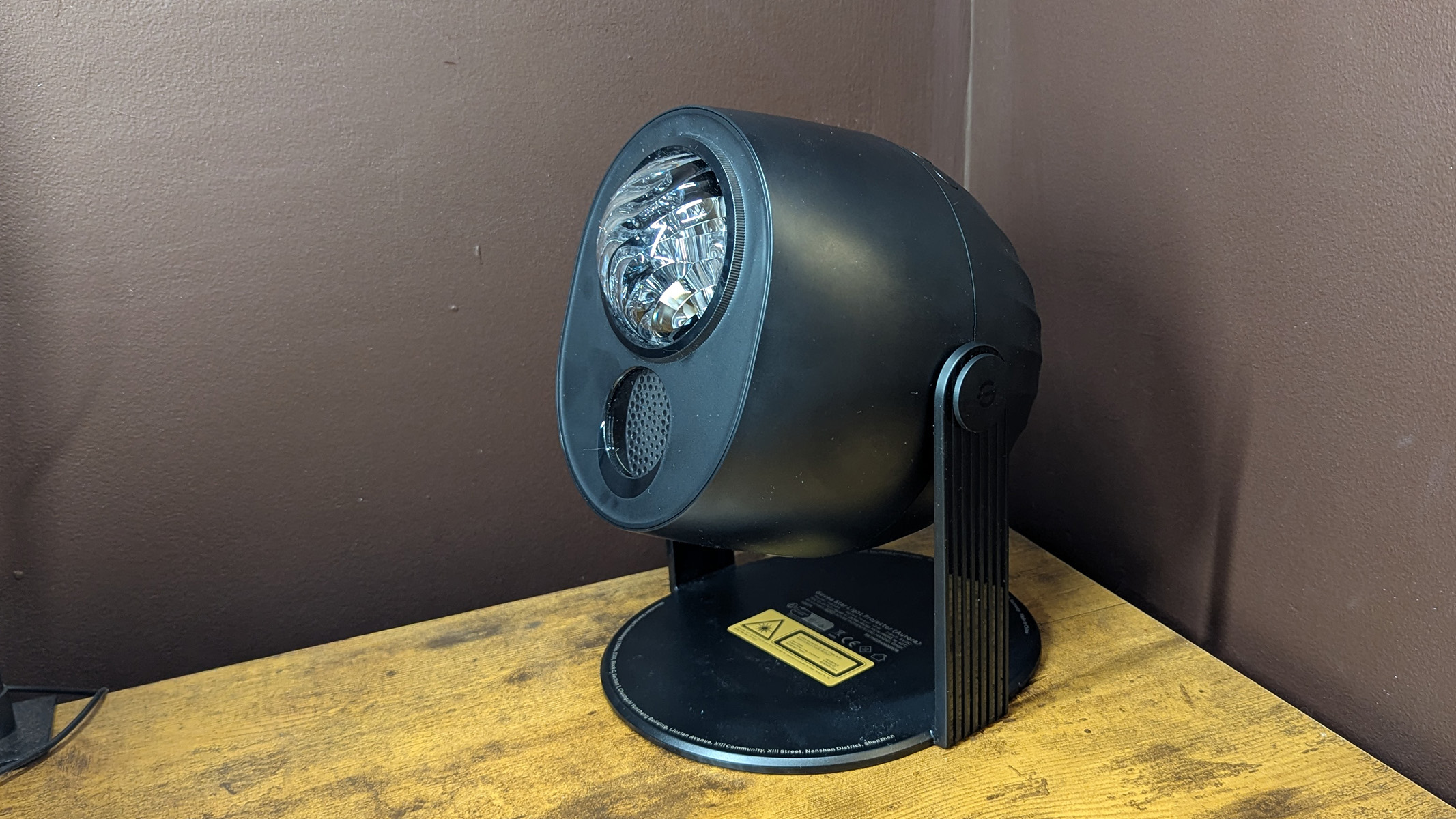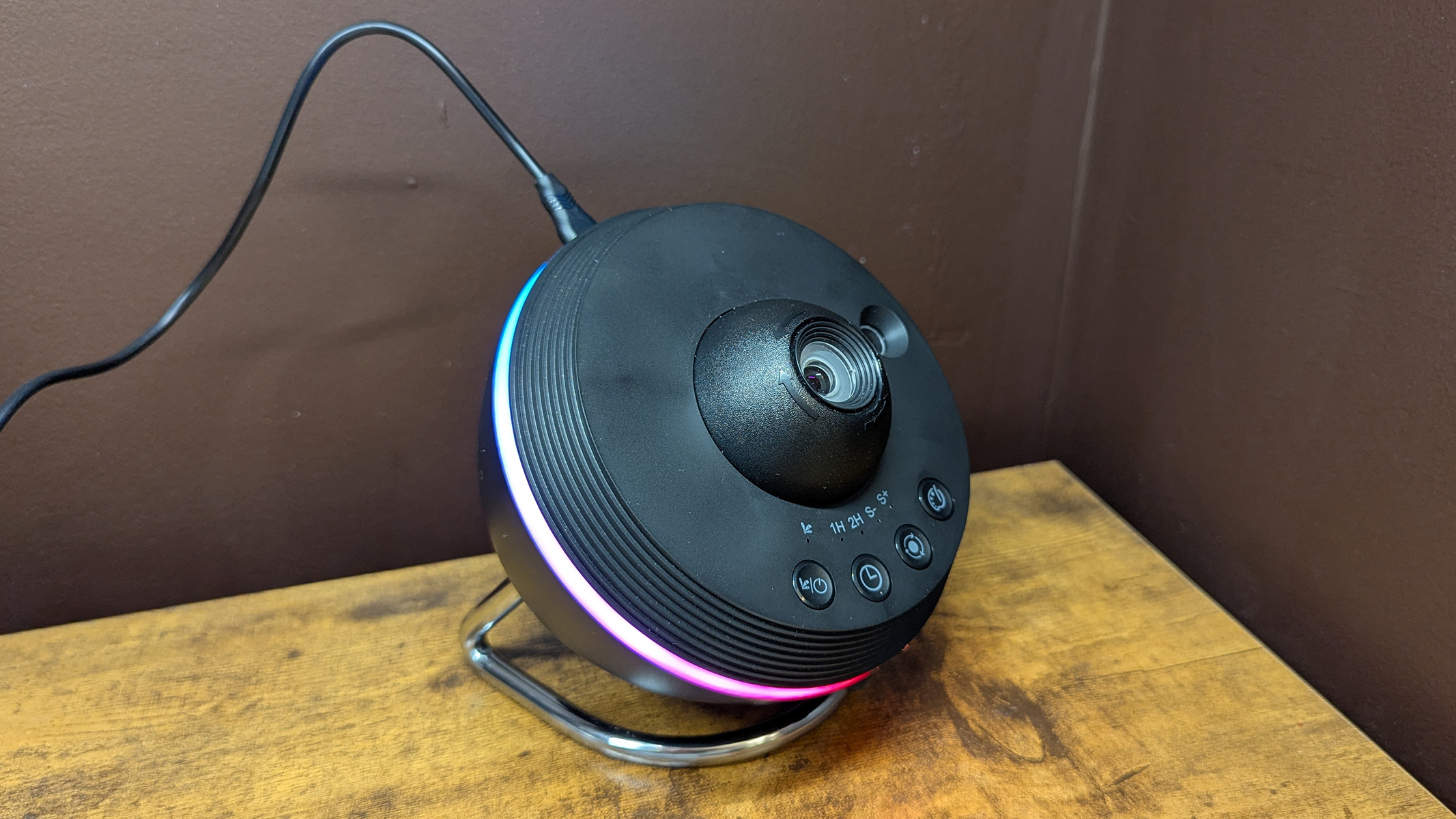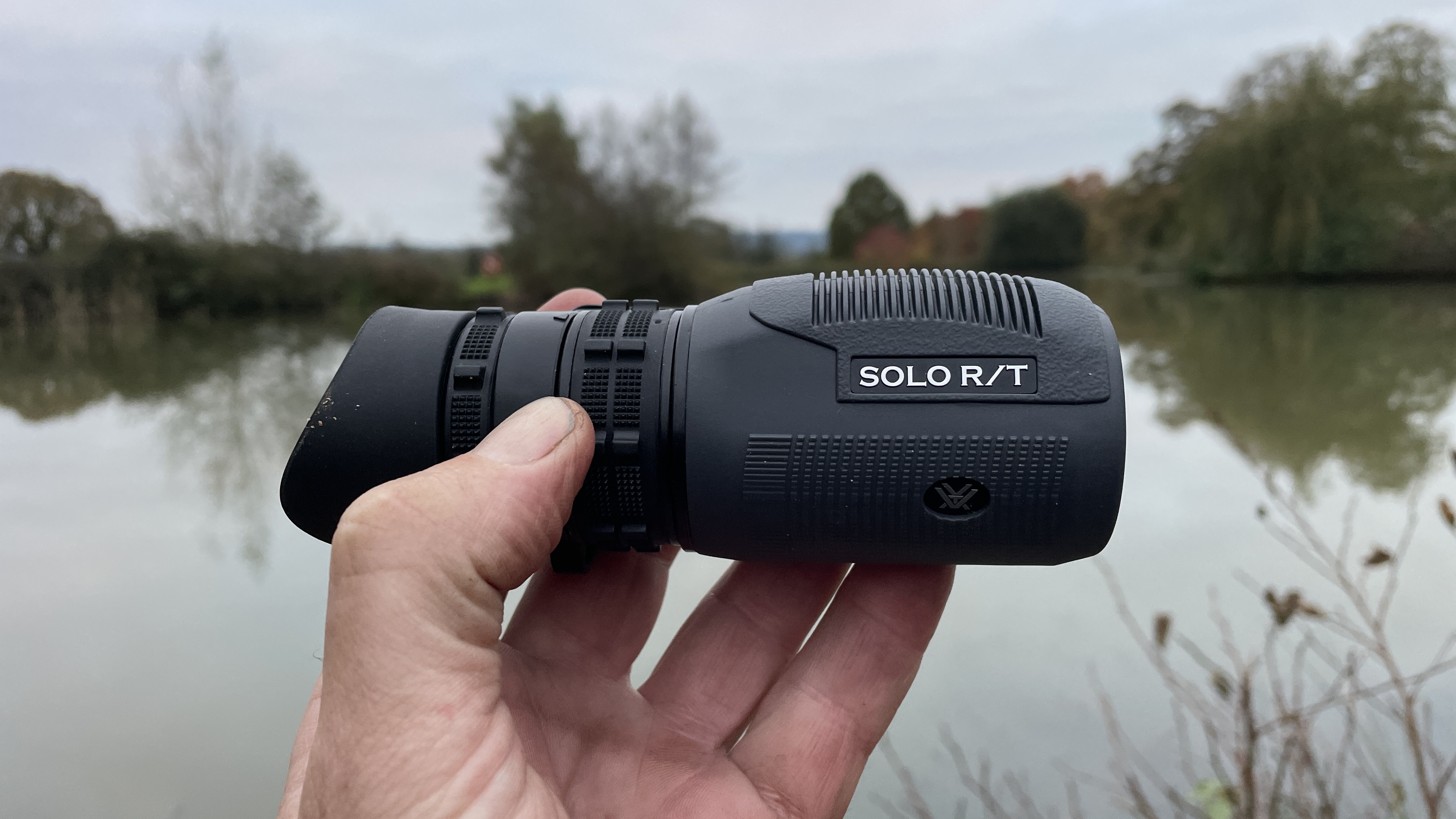Space Verdict
Everything about this lens is professional quality. An unbelievable lens that will take your photography to new levels and definitely worth investing in if you have the money.
Pros
- +
Outstanding image quality
- +
Bright f/2 constant aperture
- +
Versatile focal length
Cons
- -
Big & heavy, not an ideal travel lens
- -
Astronomically expensive
Why you can trust Space.com
Even to this day, the Canon RF 28-70mm f/2L USM lens is one of the best zoom lenses Canon has ever made. It has a big bright aperture that produces images so sharp you’ll almost cut yourself and it will take your photography to new levels. It’s a very popular lens among wedding and portrait shooters but can also turn its hand to many other styles of photography, making it a great investment due to its versatility. If you can get over the size and weight, it would be a fantastic addition to your kit and would be a lens that you’d keep for quite some time.
It is expensive and not the most practical lens in the world due to its size, but after testing it, we cannot fault this lens and we definitely think it’s one of the best zoom lenses on the market.
Note: We tested this lens using the Canon EOS R7, so all the images taken with the RF 28-70mm f/2 L USM lens you see in this review will be subject to the 1.6x crop factor.
Canon RF 28-70mm f/2L USM lens review
Canon RF 28-70mm f/2 L USM lens: Design
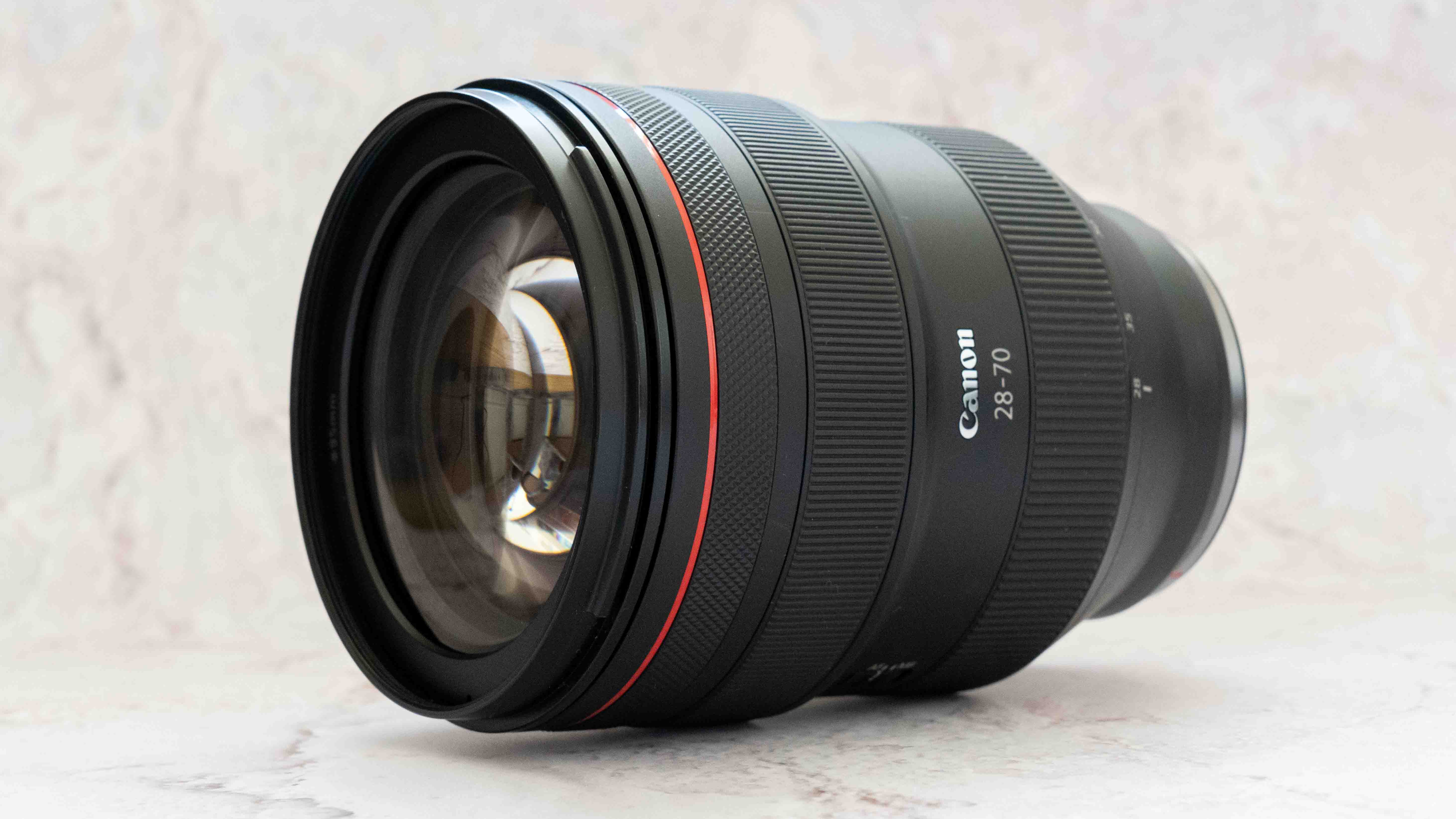
- Excellent build quality
- Cumbersome & difficult to travel with
- A heavy piece of glass
There’s no beating around the bush here — this lens is an absolute monster. It weighs just over 3 lbs and is very big and cumbersome, which is pretty much the only reason why this lens didn’t get 5 stars from us. That said, you can’t complain that you don’t get your money’s worth with this lens, and the weight does indicate the quality of the glass. It measures 5.5 inches long and has a filter thread of 95mm.
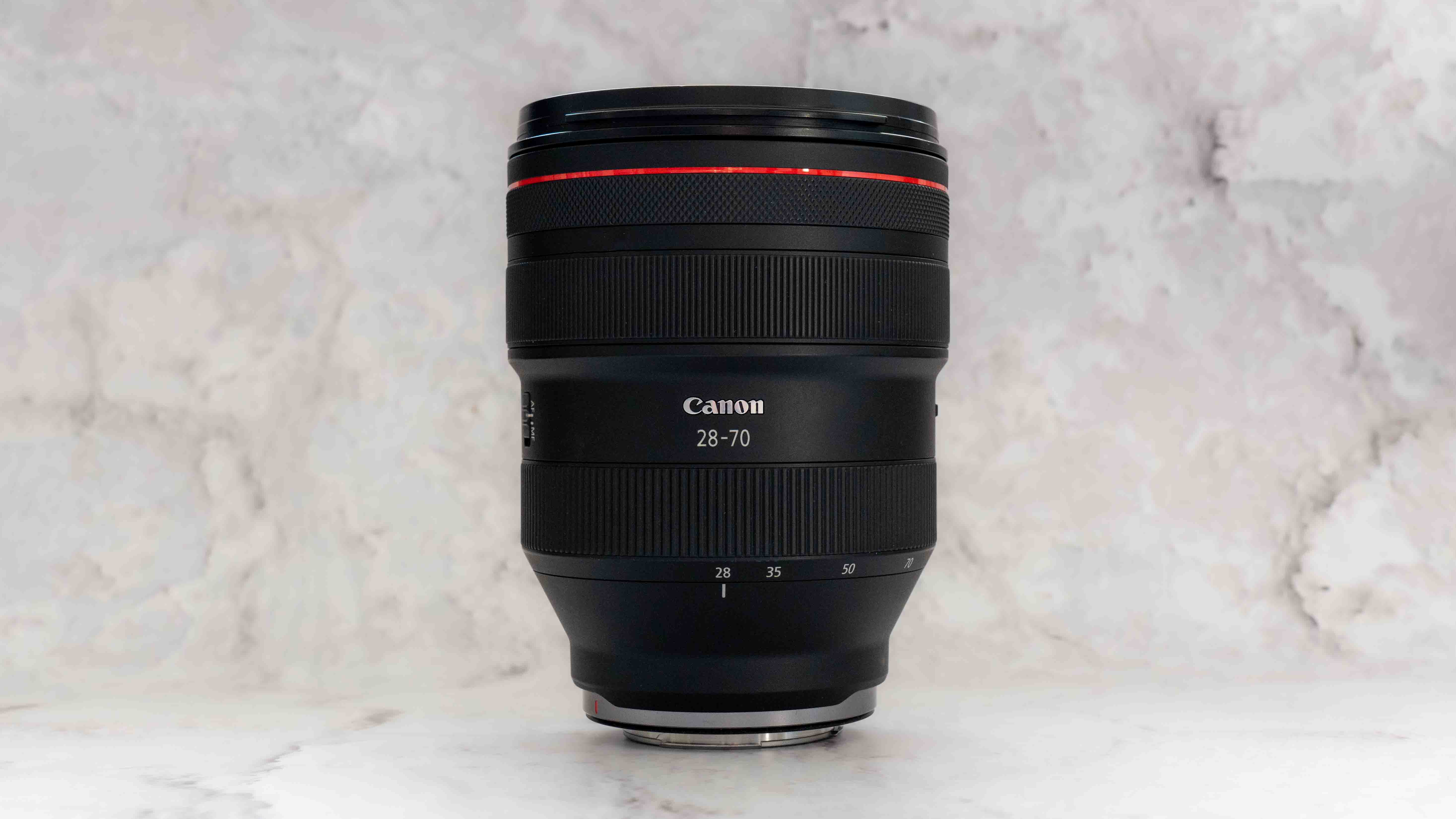
Full frame zoom
Weight: 3.15lbs / 1430g
Dimensions: 4.1 x 4.1 x 5.5 inches
Release date: September 2018
Focal length: 28-70mm
Aperture: constant f2
Filter thread: 95mm
Lens mount: Canon RF
Though the size and weight may not be an issue in theory for many photographers, it does make this lens a little impractical. In an ideal world, it’s the perfect focal length to take traveling with you as it can cover a whole range of photography styles and subjects, eliminating the need to switch lenses all the time. But not only does it make your wrists and arms hurt after a while, but it also won’t be fun to carry it around in your camera bag all day. It isn’t a lens you can just throw in your bag and take anywhere, which is a shame as it can handle almost anything you throw at it, and you'd likely only need to take the one lens with you.
That said, the build quality is excellent (and for the money, it should be), and it features a customizable control ring, an AF/MF switch, a lock button, and the zoom ring is very smooth and quiet.
Canon RF 28-70mm f/2 L USM lens: Performance
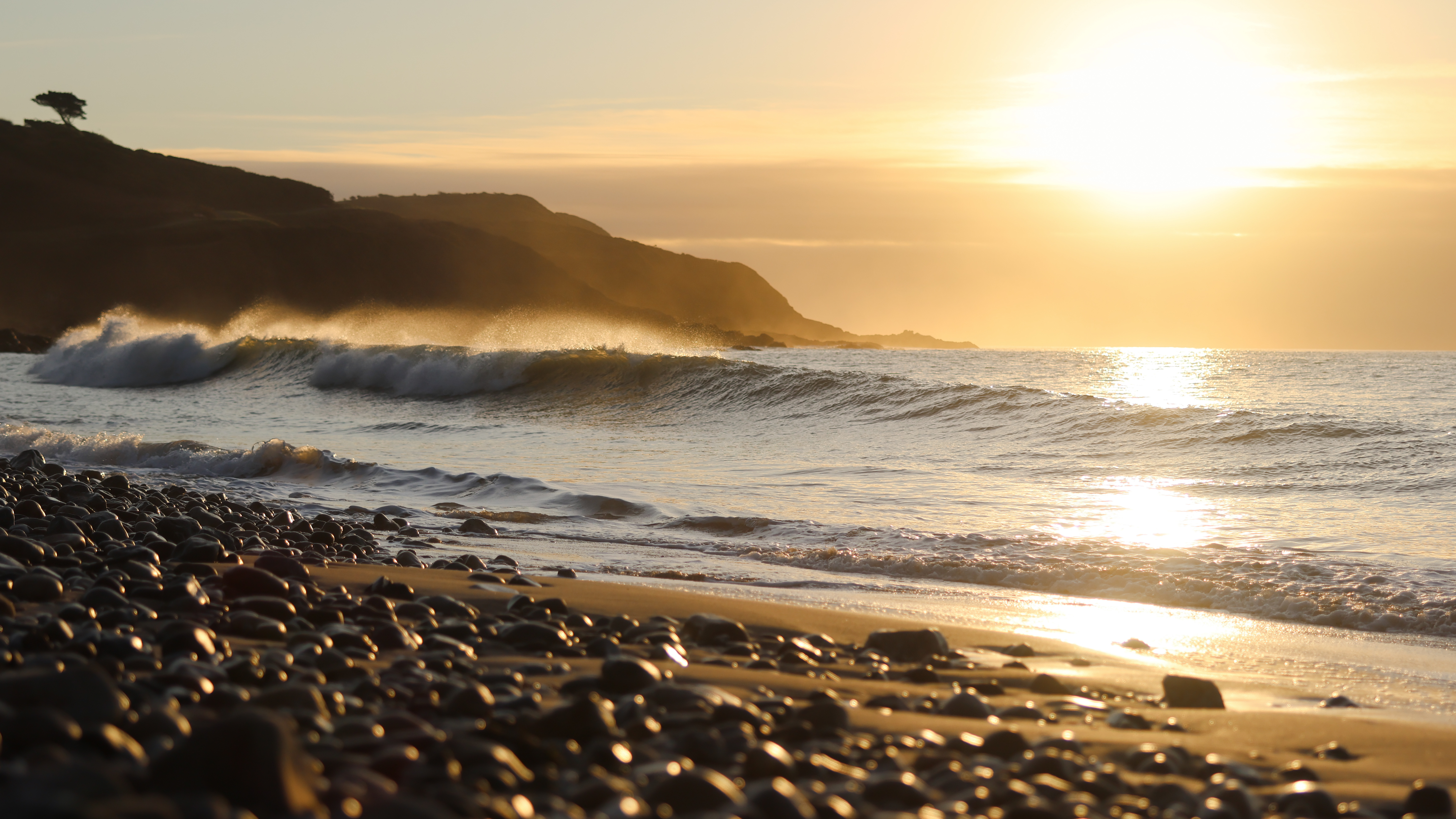
- Stunning image quality
- Basically no flare or distortion
- Accurate focus tracking
Simply put, the images this lens produces are nothing short of outstanding. We’re not sure how, but Canon has managed to produce a lens that makes images deliciously buttery smooth and tack sharp all at once that also gives beautiful, dreamy bokeh. There’s basically no flare when shooting directly into the sun, and the images are crisp and sharp even at the edges wide open at any focal length — it’s like having four prime lenses in one.
We couldn’t test this lens for astrophotography due to cloudy skies, but we did test it one morning in a blue hour before sunrise, and we were very impressed at how bright the images came out, and how little noise there was when we had to push the ISO up. The images came out beautifully and it made the scene look lighter than it actually was. Its widest focal length of 28mm is probably not wide enough for most astrophotographers, so if that’s what you’re looking for, you may want to check out our best lenses for astrophotography guide for something better suited.
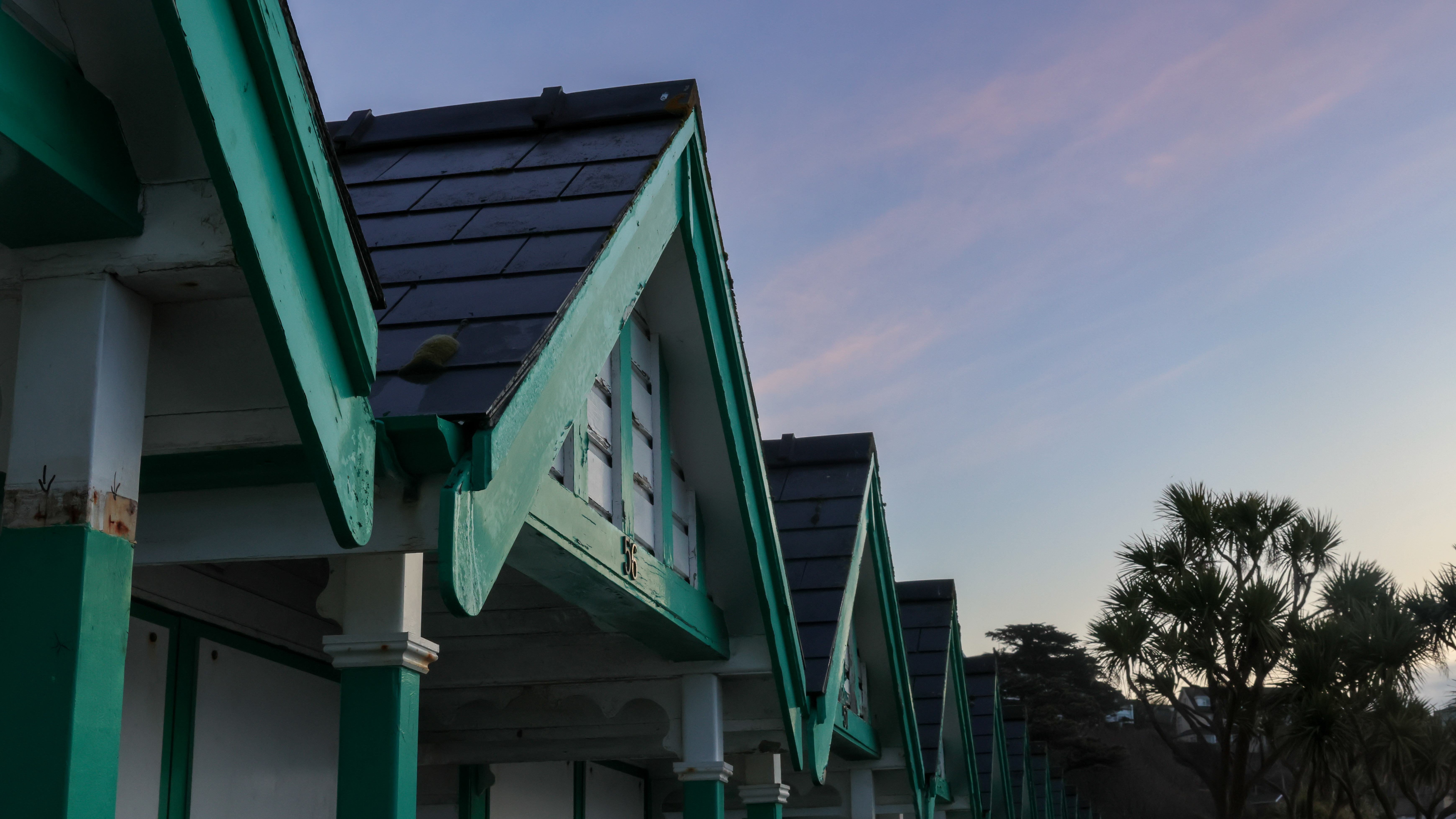
The focus tracking on this lens is also impressive, and when paired with lightning-quick autofocus, you can shoot almost anything. We tested this lens on humans and animals and it effortlessly tracked their eyes and faces throughout the frame — even black cats and a very bouncy, energetic Samoyed. The only time it struggled and missed focus was when we tried to photograph a bird with it, but we put that down to just not being able to zoom in far enough, and after all, it’s not a wildlife-focused lens.
Canon RF 28-70mm f2L USM lens: Functionality

- Bright f/2 aperture
- Weather sealed
- No image stabilization
The constant f/2 aperture of this lens makes it an absolute dream to shoot with and produces incredible results because it can let so much light in — even in low light. It has a plethora of weather and dust-resistant sealing materials all throughout the lens, so it won’t let you down even in adverse weather conditions. There’s also a fancy fluorine coating on the front and rear of the lens to minimize dirt and dust and make it easy to clean.
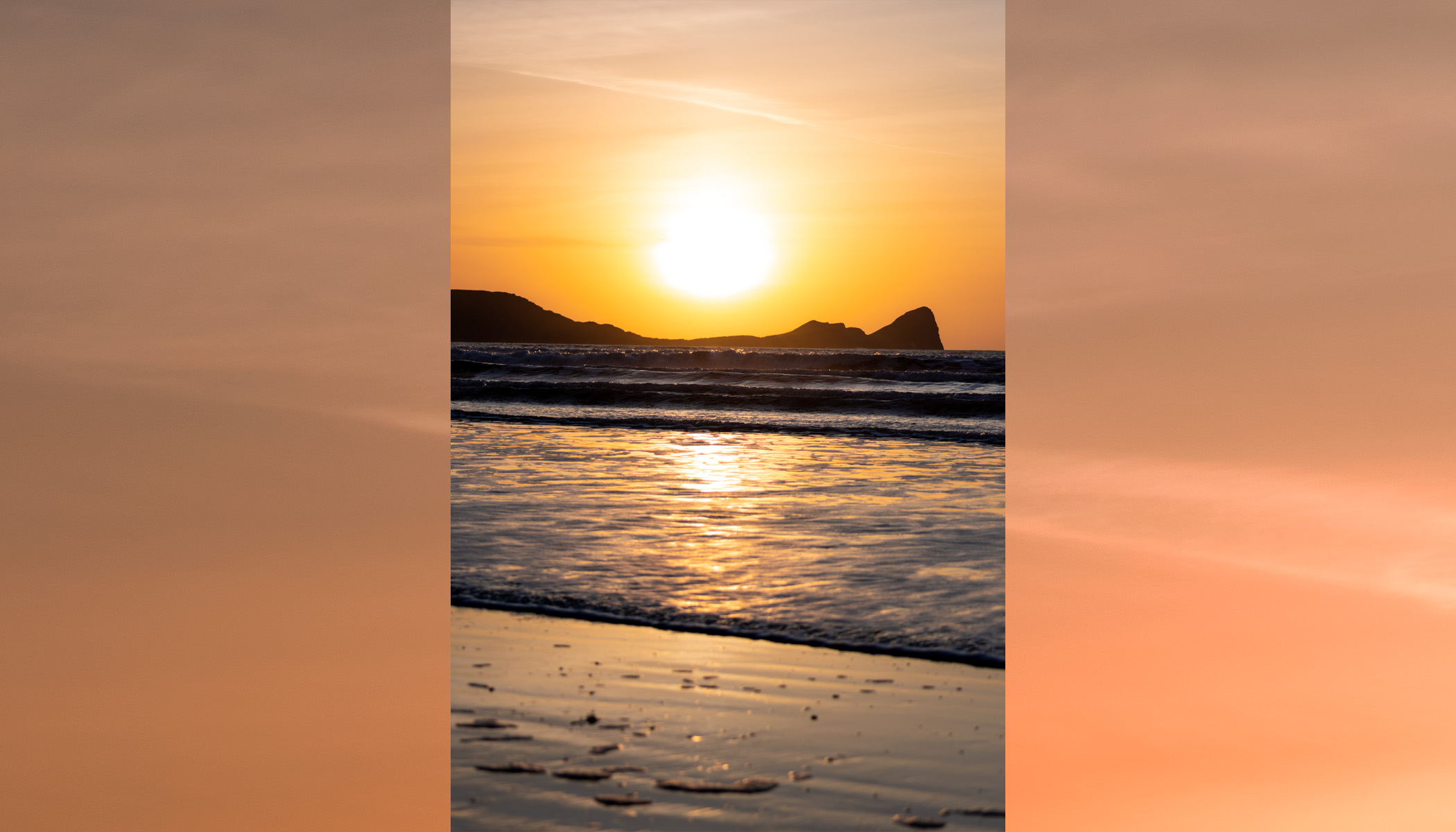
A potential downside of this lens is its lack of image stabilization, especially given its huge price tag, but honestly, it does so well in lower light that you don’t really notice that it doesn’t have it. The wider aperture means you can shoot handheld at slower shutter speeds than on an f/2.8 or f/4 lens, so really, the lack of image stabilization isn’t a dealbreaker for us. Though Canon does claim that it can resist vibration shock, and we think the lens did live up to that claim as none of our images were blurry. It’s worth noting though that we were using this lens on the Canon EOS R7, which does have in-body image stabilization.
Should you buy the Canon RF 28-70mm f/2L USM?
In a word: yes. Normally we’d be apprehensive of recommending a $3000 lens, but for how good it is, we think it’s worth every cent. If you’re using it for professional photography, or you want a serious gear change in the quality of your work, you cannot beat this lens and it would be a great investment that will no doubt help you make money from your photography.
If you’re more of an astrophotographer or wildlife shooter, then this lens may not be the one for you purely due to its focal length range being too long for Astro and too wide for wildlife. But for most general styles of photography, this lens would be ideal, and you won’t regret buying it.
If the Canon RF 28-70mm f/2L USM isn't for you
If you can deal with the size and the price of the 28-70mm, you won’t find a better zoom lens for your Canon camera. But if you aren’t quite ready to drop such a huge amount of cash on a lens, here are some alternatives worth considering.
If you’re not too bothered about being able to shoot at f/2, the Canon 24-70 RF f/2.8 IS USM could be worth a look. It’s lighter and smaller than the 28-70mm, and you get an extra 4mm of focal length. Although it’s still expensive (currently $2399), you’ll save around $600 and it’s still an incredibly popular lens among Canon shooters as it’s such a good all-rounder. The lighter weight means this lens would be preferable to the 28-70mm if you travel with your camera a lot.
In terms of quality, the only way you’re likely to match this lens is to go for a prime lens. Currently, the only USM prime lens Canon does within this focal range is the RF 50mm f/1.2 L USM, however, they also have an 85mm f/1.2 which would be beautiful for shooting portraits.
If budget is a factor for you, and you aren’t needing to shoot at f/2, you could consider the RF 24-105mm f/4 IS USM. It’s half the weight, less than half the price, but still a great lens that doesn’t compromise on image quality.
Join our Space Forums to keep talking space on the latest missions, night sky and more! And if you have a news tip, correction or comment, let us know at: community@space.com.

Kimberley Lane is a landscape & seascape photographer living in South Wales. Originally using photography as a way to cope with health issues, she aims to portray a feeling of calm and peace through her images. Her work has been featured in a number of national photography magazines.
-
Joseph S. Wisniewski I agree that it's "incredible", but only if you use like it was built to be used: on a full frame camera.Reply
Using it on an R7 with a 1.6x crop factor reduces that 28-70mm f/2 to an equivalent 45-112mm f3.2.
Tamron has an excellent 35-135mm f2-2.8 for full frame. That's 1.4 stops faster than the Canon at the short end (which is shorter than the Canon goes) and 0.4 stops faster at the long end (which, again, is longer than the Canon).
So we're talking $1,800 vs $3,000 (rounded up to whole 10s), 1165g vs. 1430g. The combo of crop body and 28-70mm f/2 ends up heavier and more expensive than a FF body and the 35-135mm f/2-2.8. Yet the FF package ends up with 82mm filters vs. 95mm, and better coverage of the standard portrait focal lengths.
Trying to use super-fast, exotic lenses on crop bodies almost never makes sense.
